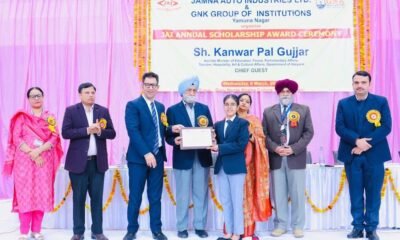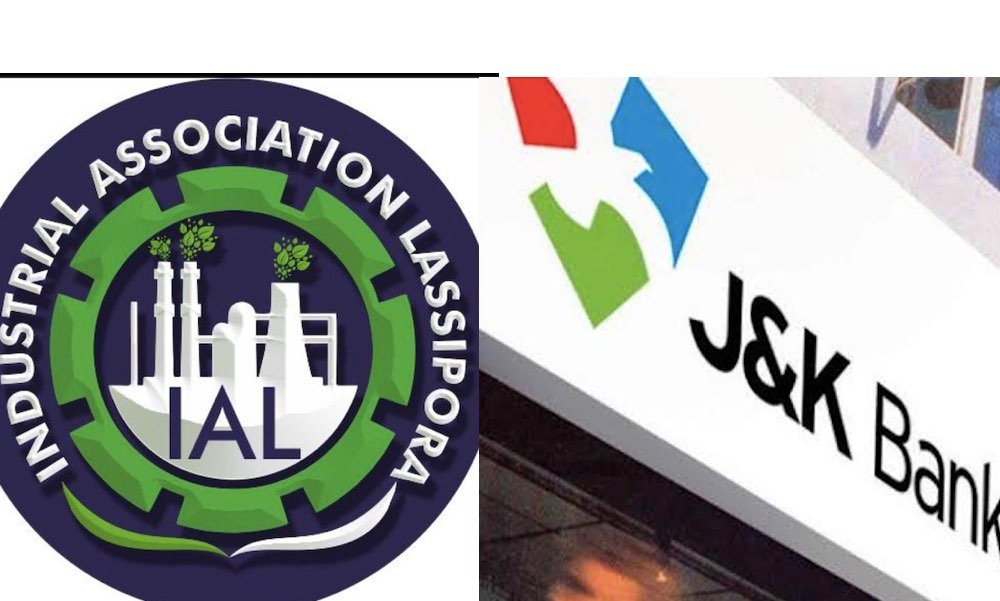Seeks LG’s intervention
Federation of Chambers of Industries Kashmir (FCIK) Wednesday said seven out of district industrial centres in Kashmir are headless, proving a roadblock in industrial development.
According to a statement issued to the Business Kashmir, during the FCIK advisory committee meeting, members expressed regret that seven out of 10 District Industries Centres (DICs) in the valley had presently been rendered headless which include DICs of Baramulla, Anantnag, Budgam, Kupwara, Kulgam, Shopian and Bandipora.
The members questioned the bureaucracy that why should it ignore replacements in DICs during routine transfers of officers when it was aware that the role of DICs in promoting, facilitating and developing industry in the district was pivotal and critical. They said that assigning of the additional charge of DICs to officers already overburdened with their own jobs, generates more distrust and scepticism than giving any hope and solace to the entrepreneurs, the members said.
Quoting an example, the members informed that General Manager DIC Baramulla who also held two more charges of GM DIC Kupwara and Programme officer ICDS at the time of transfer in March 2022 was not replaced by any other officer. Instead, the additional charge was assigned to GM DIC Budgam in May till 17th of November when he was also transferred rendering both the DICs of Baramulla and Budgam unmanned simultaneously. The members said that DICs of Kupwara and Bandipora were now forgotten for years.
Speaking on the occasion, President Shahid Kamili said that FCIK had time and again taken up the matter of appointment of GMs with relevant authorities but it was unfortunate that instead of filling the vacant positions, many more DICs were eventually rendered headless.
The FCIK in the meeting, according the statement, has called for a considerable degree of internal cohesiveness through well-meaning and accountable bureaucracy to accomplish and foster the ambitious industrialisation process launched by the government for UT of Jammu and Kashmir.
“The presidents of various industrial estates, while registering their problems, complained of the bureaucratic hick-ups and callousness in facilitating the prospective entrepreneurs to set up their industrial ventures besides timely resolution of issues confronting smooth operations of the existing industry,” read the statement.
“The presidents cautioned that in case the bureaucratic hurdles continued without any checks and accountability, the same can harm the ambitious plan and may also produce results in the opposite direction.”
They said that the industrialisation programme would require restructuring of the whole hierarchy in the industries department with a clear chain of command that decide about matters rapidly and also delegates powers to subordinate team members. A set of officers having clear understanding of industrial promotion and dynamism in the approach needs to be put in charge of various positions for a longer duration of not less than 2-3 years, observed the members.
The meeting resolved to approach and seek the intervention of the Lieutenant Governor for taking note of the “non-seriousness on the part of the concerned bureaucracy” and issue directions for the immediate transfer of capable officers to fill the vacancies in the above-mentioned DICs. It was also decided in the meeting that FCIK shall soon submit a detailed note on the desired hierarchy of officers in industries and related departments along with their functions for the consideration of the Lieutenant Governor.



 Industry4 years ago
Industry4 years ago


 Economy2 years ago
Economy2 years ago


 Energy4 years ago
Energy4 years ago


 Infra4 years ago
Infra4 years ago
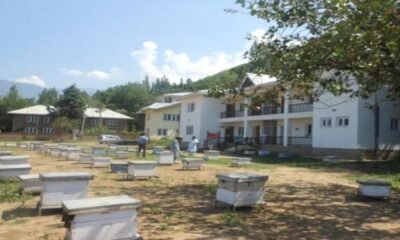

 AgriBiz4 years ago
AgriBiz4 years ago


 Jobs4 years ago
Jobs4 years ago
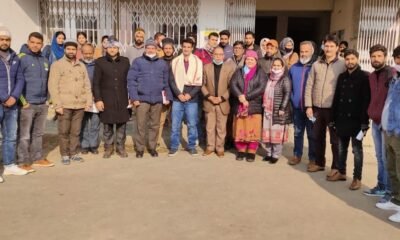

 Careers4 years ago
Careers4 years ago
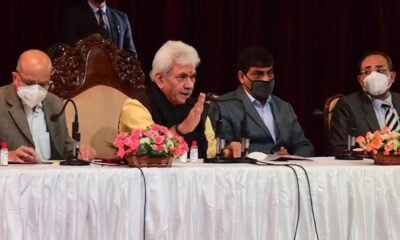

 Economy4 years ago
Economy4 years ago













